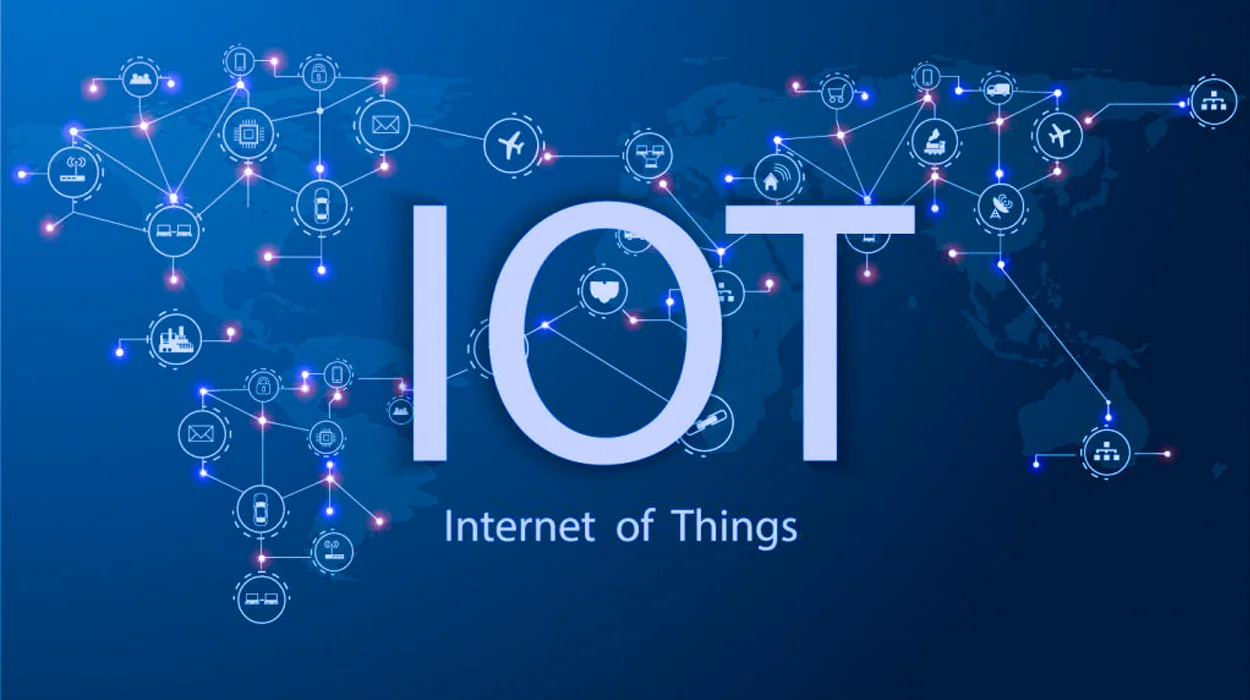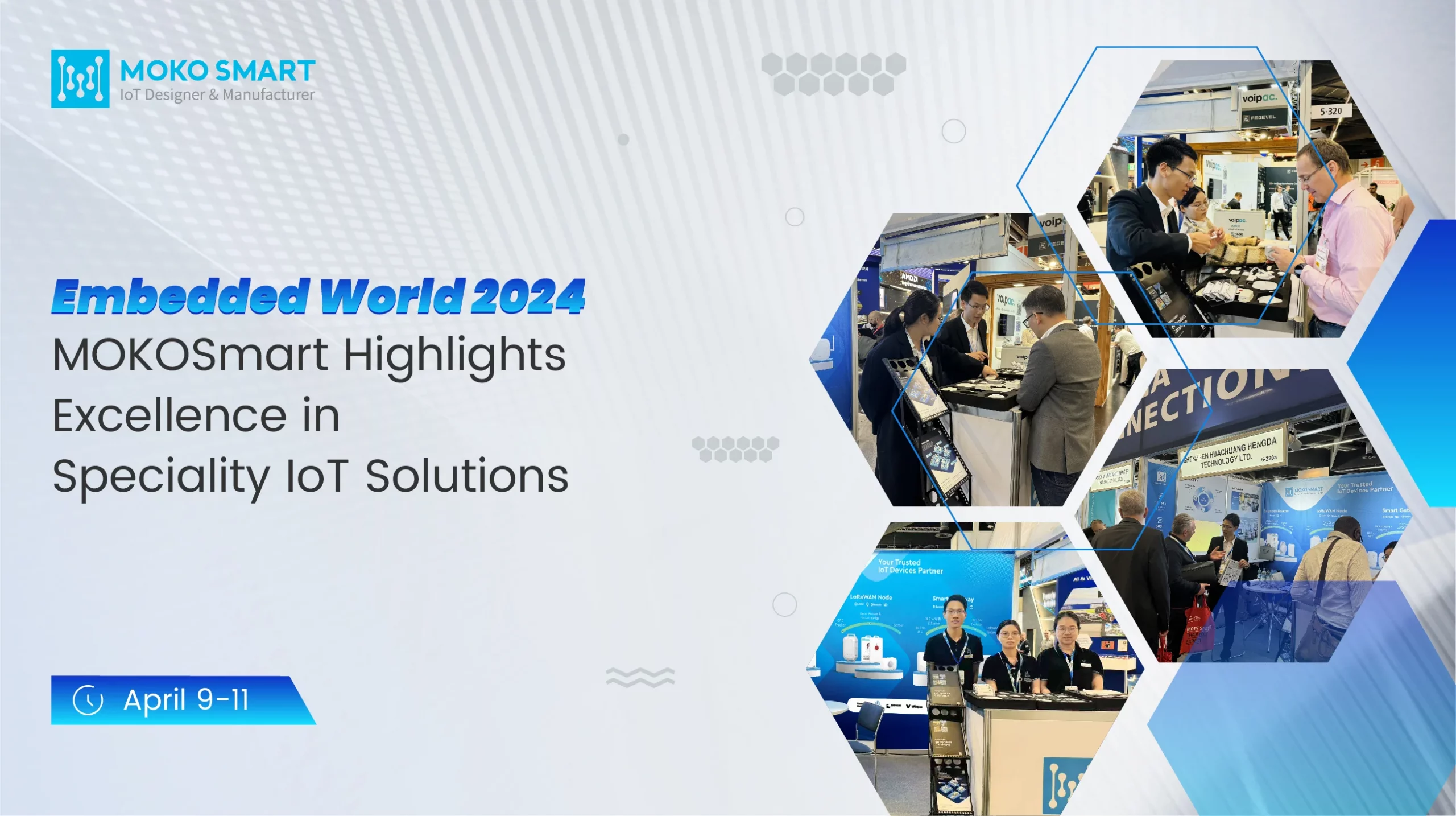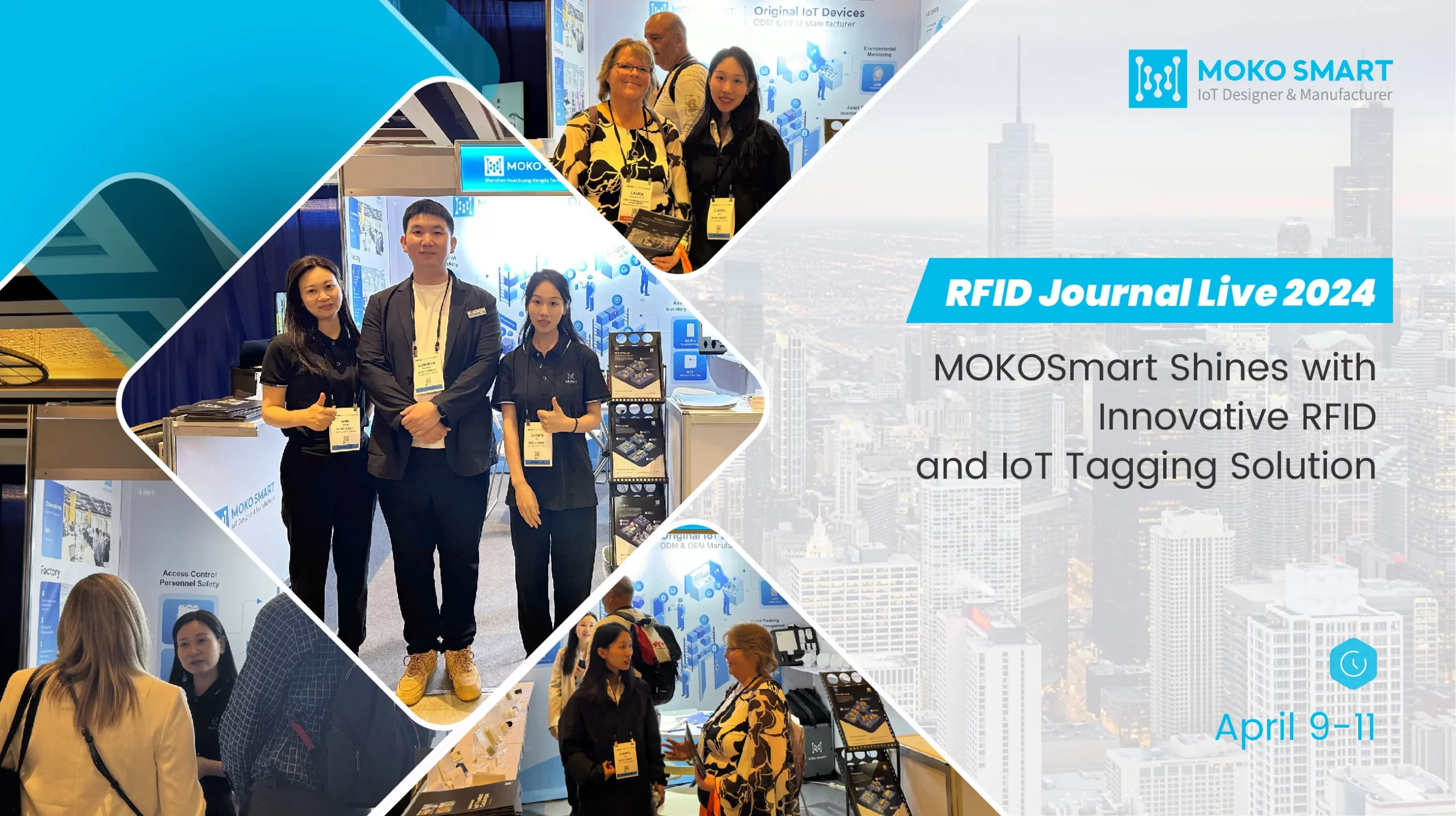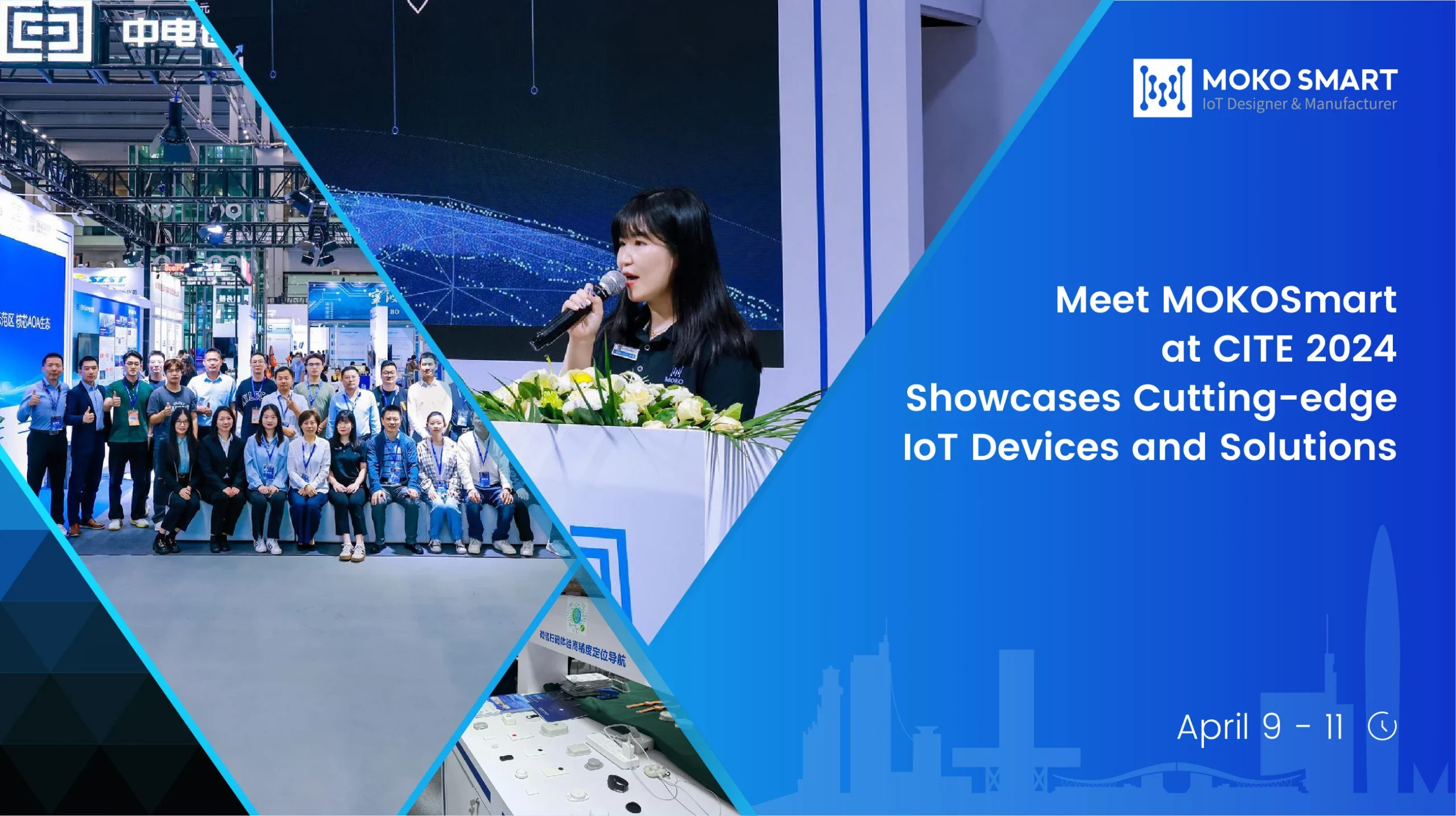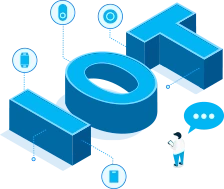The world is changing and will continue to do so immensely because of the Internet of Things’ influence on every aspect of our lives. There’s no industrial sector on earth right now that has not been touched by IoT in one way or another. Any IoT company has proven to be a powerful economic driver, and the capabilities to change our day-to-day lives for the better are unlimited. With the endless list of IoT technology companies, we have sought to come up with an exclusive list of the top Internet of Things companies. Read on.
Top 15 IoT Company
There is at least 10 billion Internet of Things companies currently, and the number is speculated to hit over 25.4 billion by 2030. This huge number can be an uphill battle for an average consumer or a business seeking an IoT solution provider company to pick point the best IoT company IoT for their needs. Therefore, we have taken it upon ourselves to dig deep into the industry and come up with the top 15 leading IoT companies in 2021. To do so, we’ve vetted all companies working on IoT through 4 quality metrics, namely Availability, Cost, Reliability, and Time.
Here’s a list of 20 top Internet of Things companies:
- MOKOSmart
MOKOSmart is a professional manufacturer located in Shenzhen, China, and fully dedicated to providing our customers with modern IoT solutions tailored to their needs. We research, develop, and manufacture smart devices using the latest technology. We’re among the top IoT product development companies in the world. Our services include electronic engineering, firmware customized, wholesale programs, white-label solutions, EMS (Electronics Manufacturing Service), and ODM programs.
- Softeq
This is an IoT software development company located in Houston, Texas, US. They offer Full-stack, full-cycle engineering services that include programming on drivers, OS levels, and firmware. More to that, they create sophisticated end-to-end technical ecosystems that include cloud solutions and the Internet of Things.
- Samsara
It’s among the top 10 IoT companies leading in the digital transformation of operations. It’s categorized among the largest IoT companies since it has at least 5000 employees. They provide data solutions intended to improve the safety, efficiency, and sustainability of core operations in your business. This includes safety and security but is not limited to that.
- ScienceSoft
It’s among the fastest growing IoT companies, the reason being; it provides fully inclusive Internet of Things services for multiple industries starting from manufacturing, fuel industries, telecoms, transportation, healthcare, security, and retail, to many others since 2011.
- Vates
Vates specializes in high-end prototyping services vital in ensuring that products in any Internet of Things development company are ready for the market. In addition, they offer any product company developing IoT software with essential data during product design and development to make informed decisions.
- iTechArt
This software development company specializes in delivering IoT security solutions rich in features that will help startups and the fastest-growing IoT companies reach their goals. Some of their services include developing GPS tracking systems, Smart and secure home building, Connectivity and wearables, API deployment, among many others.
- Oxagile
This is a professional IoT solutions provider with services ranging from software development, Integration services, hardware prototyping to IoT Consulting services. It’s also among the best IoT hardware companies from development to prototyping.
- Indium Software
This company has deep knowledge of the IoT sector. The operations focus on the Industrial Internet of Things which plays a key role in Industrial 4.0. This IoT can be used in domains like smart homes, consumer wearables, smart electronics, manufacturing, etc.
- Cisco
They offer a wide array of products for the Internet of Things, networking, data center, security, mobility, and wireless connectivity, etc. Cisco is best known for designing, developing, manufacturing, and marketing IP-based networking products related to the IT and communication industry.
- Bosch IoT Sensor Company
This is a professional open-source-based software company to offer IoT solutions. Their services include data analysis and management, creating digital entities to represent physical devices, and visualization of data from multiple sources in a single dashboard.
- ARM IoT Security Company
ARM specializes in providing products and services for IoT security, designing and developing software/hardware, and processor IP. They are well known for creating 32-bit and 64-bit RISC multi-core processors. Their IoT solutions are meant for the healthcare, logistics, infrastructure, retail and automotive industries.
- Eastern Peek
This Internet of Things service provider specializes in developing custom IoT apps for new enterprises, small-sized and medium-sized companies. Other IoT services include IoT for connected cars, IoT for healthcare and consulting services, industrial IoT solutions, and IoT for sports.
- Huawei
Huawei specializes in offering telecommunication equipment, networking equipment, and consumer electronics. Some of their IoT products include shared bike locks, AMI smart meter readings, smart factory floors, smart packing accessories, smart gas, gas detection devices, etc.
- Verizon
This is an Internet of Things platform that supports connectivity management of IoT at a large scale. With Verizon, you can troubleshoot, manage and track your IoT devices. Other services offered by Verizon include Connected commerce, IoT security credentialing, IoT marketplace, etc.
- SAP
They offer products like intelligent technologies, digital platforms, CRM, Customer experience, analytics, and many more to industries like Finance, Consumer industries, Energy & Natural resources, SAP cloud platform, etc.
5 Most Popular IoT Platforms in 2021
If you’re looking to find the best IoT platforms to choose from this year, check out the top 5 below.
- Google Cloud IoT
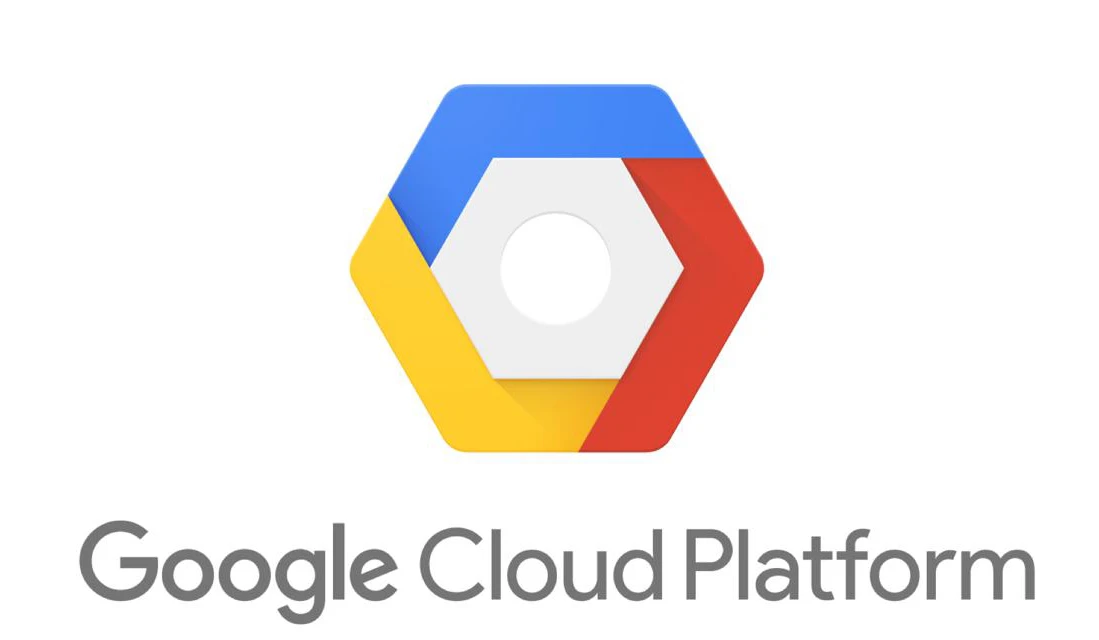
This platform offers a multi-layered security infrastructure. It has AI capabilities, can offer location-based information, works with all operating systems, and machine learning is easy for any Internet of Things needs.
- OpenRemote
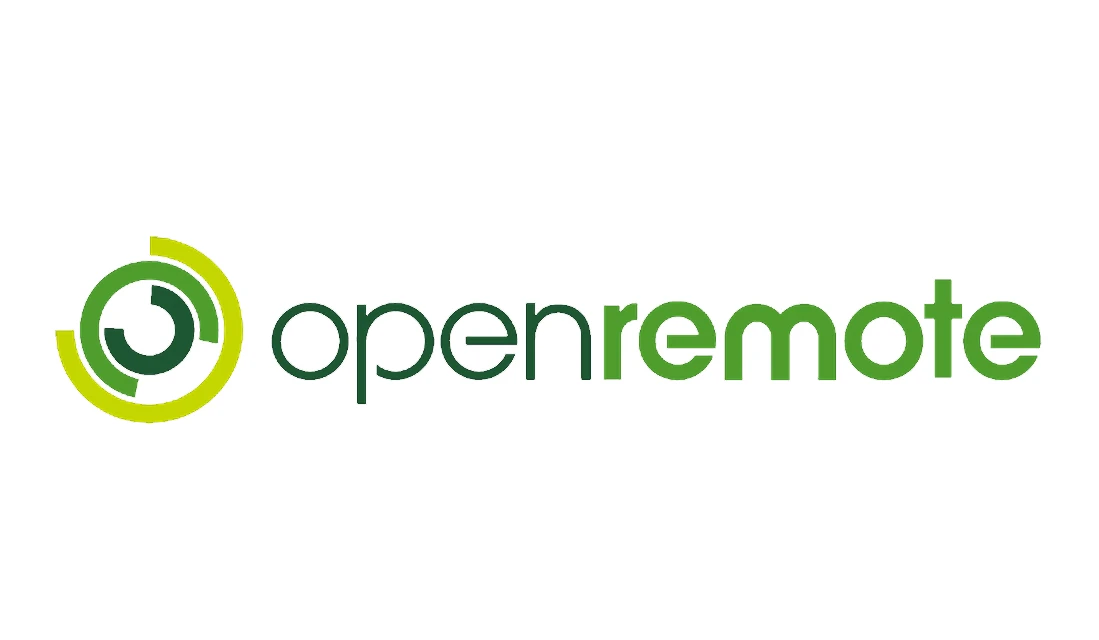
This IoT platform is best adopted for extensive professional applications like energy or crowd management. This is because they are 100% open-source, making it possible to be used for multiple applications. Of course, it’s not feature-rich like its counterparts, but it’s 100% free under an open-source license and is trusted by many big IoT technology companies.
- Cisco IoT Cloud Connect
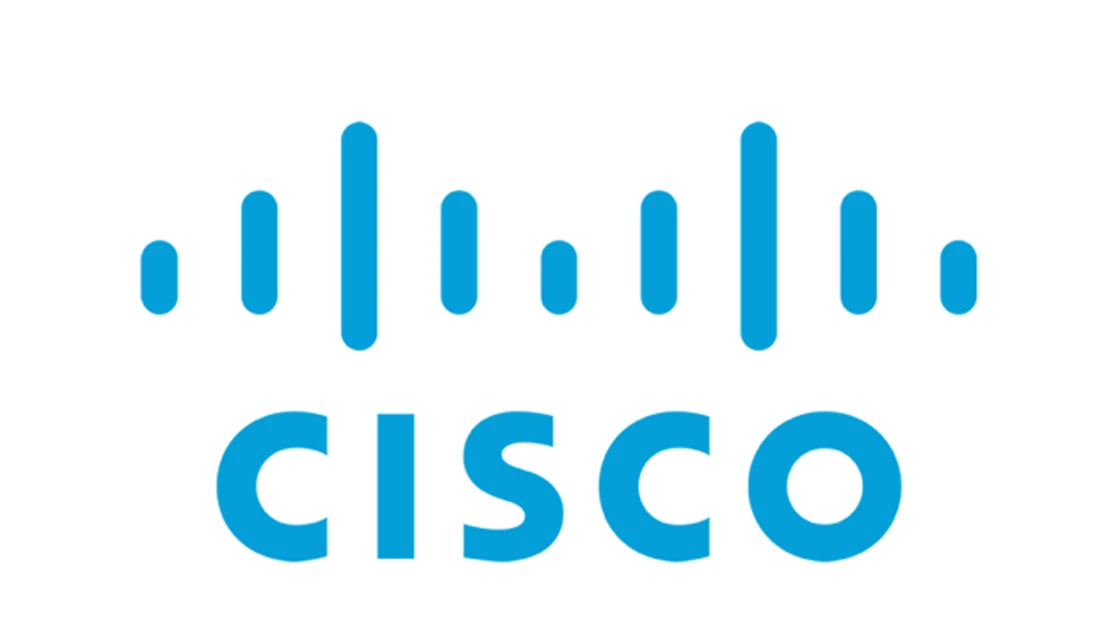
It’s a mobile cloud-based software that works for both individual and industrial uses. It’s widely used by mobile operators and can also offer viable IoT hardware like gateways, routers, APs (access points), and switches. Some of its outstanding features include edge computing, top-level security, centralized data management, and centralized connectivity.
- IRI Voracity
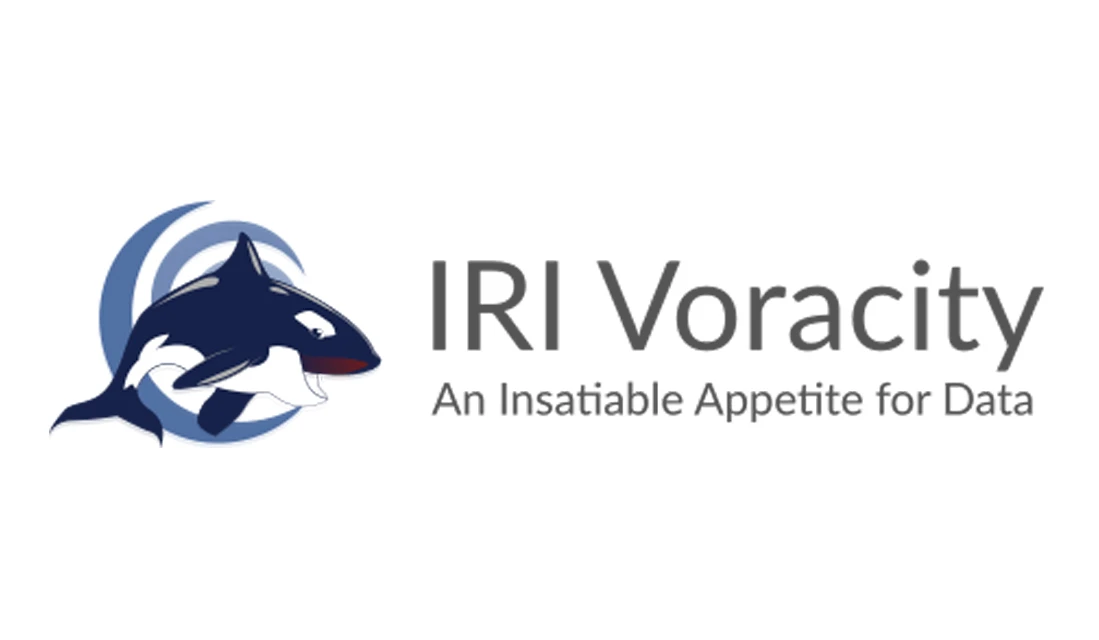
It’s known for being affordable and quick in data manipulation, recovery, analytics, governance, migration, and integration. After data is analyzed, Voracity can transform, report, and anonymize it via MQTT or Kafka. Operations are either done in a hub or the IoT edge.
- Particle
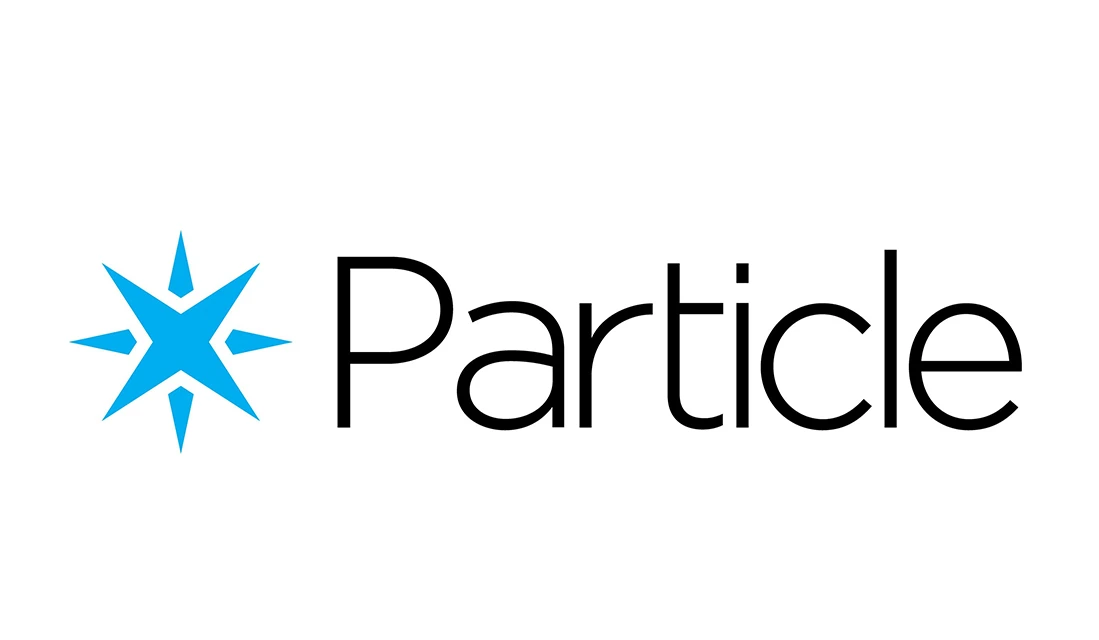
It offers Internet of Things solutions for connectivity, apps, device cloud, and hardware. It’s user-friendly, and there’s a ready community support if you get stuck. It offers Wi-Fi, Cellular, and Mesh options for connectivity, Device OS, IoT rules engine, developer tools, and device cloud for IoT software.
What’s the work of IoT Companies?
Without IoT companies, Internet of Things applications and deployment could be very hard. It’s via IoT Companies that IoT solutions to help businesses and human beings solve digital problems are deployed. Better for businesses, using IoT technology, they can discover and exploit new revenue streams. Other functions of IoT companies include;
- They offer full-stack and full-cycle IoT services to come up with technologies for different domains.
- IoT companies offer solutions to their clients to overcome business challenges.
- IoT hardware companies offer equipment and resources to create IoT devices that are best suited for specific businesses.
Our End-to-end Internet of Things Solutions
MOKOSmart is not just a device manufacturer, but we pride ourselves on developing an ecosystem of IoT solutions with connected devices. Our end-to-end IoT solutions include:
- Data Platform. Our data platforms’ main functions are data ingestion/collection and data analysis. We can create a customized cloud data platform that suits your requirements. This helps you gather data from multiple IoT devices and using our cloud-based data centers and analytics, analyze the data to learn about your business ecosystem.
- Management services. This includes network management and notification management systems. For network management, it involves detecting and offering various internet and cellular service providers. For notifications, it involves automated real-time alerting.
- IoT hardware management. It involves assembly, activation, asset registration, pre-configuration, device procurement, etc.
The top 4 user requirements of IoT edge platforms
IoT edge platforms offer 3 main things;
- Cloud-based interface for monitoring and management.
- Containerized modules to be deployed on Internet of things devices
- Runtime to execute actions locally
If you’re looking to deploy IoT solutions using an IoT edge platform, ensure you meet these requirements:
- A hardware-agnostic scalable architecture. Select an IoT platform with the ability to run on as many gateways and specialized devices as possible. Moreover, the IoT platforms should use the same software stack both in the cloud and its edge for smooth deployment of supplies.
- Extensive capability for offline functionality. Choose an IoT platform that can work even when the internet connection is unavailable or is limited, can clean data to normalize it, can integrate with systems like ERP or MES, and can offer storage for data.
- Robust protocol support for data collection. Choose an Internet of Things platform that supports many protocols for data collection. This includes OPC-UA, BLE, BACNET, ZeroMQ, Thread, Zigbee, and MODBUS.
- Ensure the IoT platform offers detailed analytics and tools for visualization. The IoT platform should be able to aggregate data, do full analysis then visualize it. Different uses for an IoT platform will demand analytics and visualization capabilities.
Internet of Things System Architecture
IoT architecture helps IoT devices know what to do with the data they have collected and analyzed. It directs the data on where to go, how to reach the destinations what actions to take when it’s there.
The IoT architecture basically comprises components involved in the flow of data from the IoT edge to the cloud or server with the help of ‘things.’ ‘Things’ can be a person or a device. IoT architecture comprises 4 main stages. Let’s dive in.
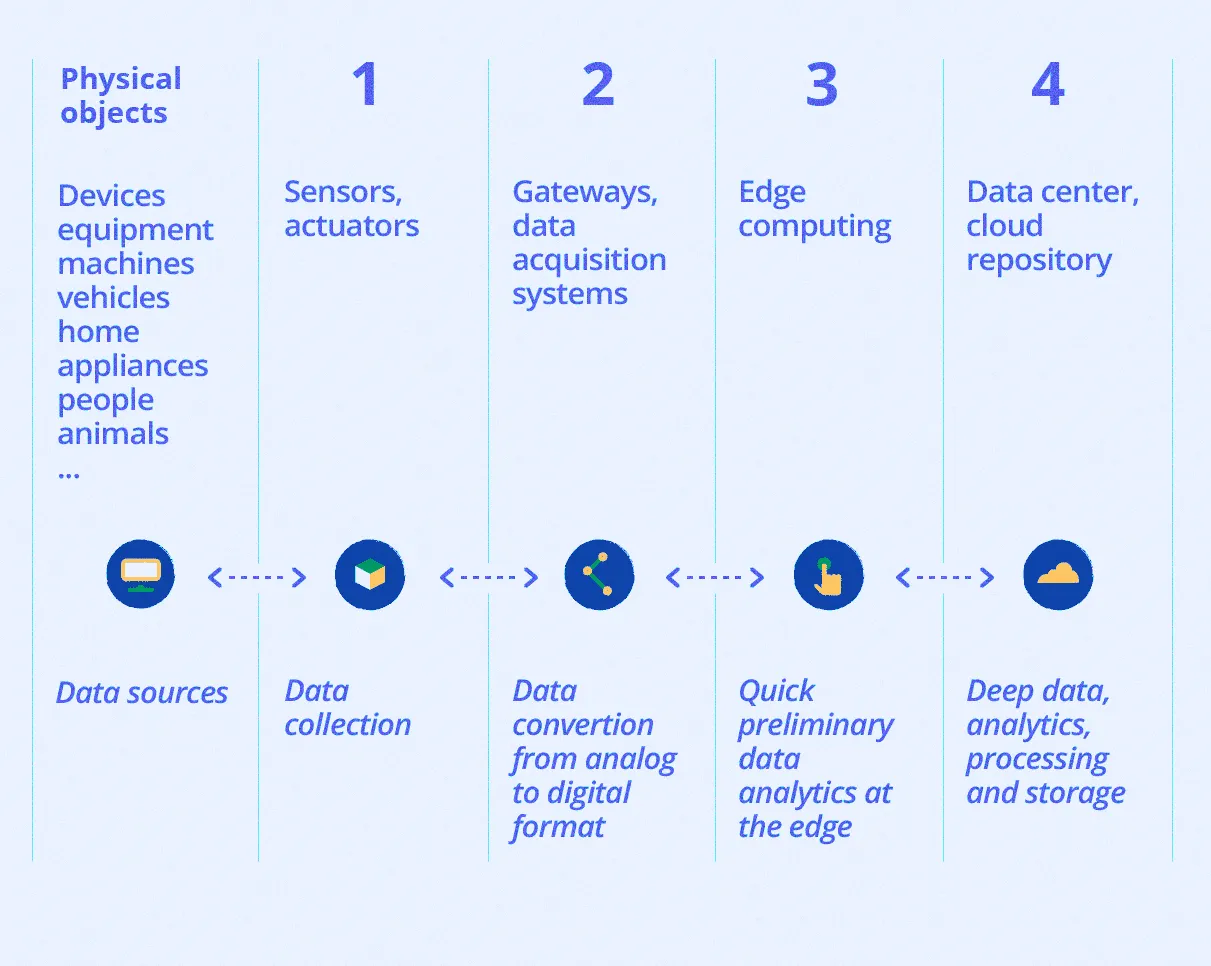
1st Stage: Sensors and Actuators
The main function is to collect data from “things”-devices, machinery, vehicles, equipment, people, appliances, etc. The work of sensors is monitoring/sensing while that of actuators is controlling. Sensors gather data regarding a certain process or condition like chemical composition or weather conditions that might require an immediate reaction/response or not. Whichever it is, the sensors are able to instruct actuators what to do in real-time. Regular data analysis is usually done on the data path from sensors to actuator to avoid failure or delay to send control/command to “things.”
2nd Stage: Gateways and data acquisition systems
Typically, this is where data collected by sensors is converted from analog format to a digital format. What happens is that a DAS (data acquisition system) receives data from the sensors in analog format and converts it to digital format. Before data is ready for the next processing stage, the DAS needs to format and aggregate it to be sent via an internet gateway like WANs. Since the data is at its maximum volume at this level-this is common for the largest IoT companies; the data acquisition system needs to filter and compress it to the best size ready to be transmitted.
3rd Stage: Computing at the Edge
This is where preliminary data is collected on IoT devices. The edge device performs comprehensive data analytics as part of the pre-processing. This happens to try and reduce the volume of the data received from the DAS before sending it to the cloud or data management center. This process usually takes place near the sensors’ location on an IoT device.
4th Stage: Data centers or cloud services
This is where deep data analysis, extensive processing, and data storage happens. Due to how intense and critical this stage, the employment of powerful information technology is important. This is to ensure proper data analysis and secure data storage are done. The whole operation takes place in the cloud or data management center. Data comes from different sensors and can be merged to display the whole Internet of Things system. This will help deploy well-thought-out insights to information technology and business managers. Data is also securely stored in warehouses in this stage to keep a record or be used for more analysis.
Examples of IoT systems Today
There are several examples of IoT systems that include;
- Logistics tracking systems
![]()
These are resources used to track assets throughout their movement from packaging, hauling to storage. Using these systems, you will be able to monitor the whereabouts of your products, materials, animals, and other resources remotely. Examples of these IoT devices include GPS trackers, alert systems, fuel level sensors, etc.
- Wearable healthcare devices
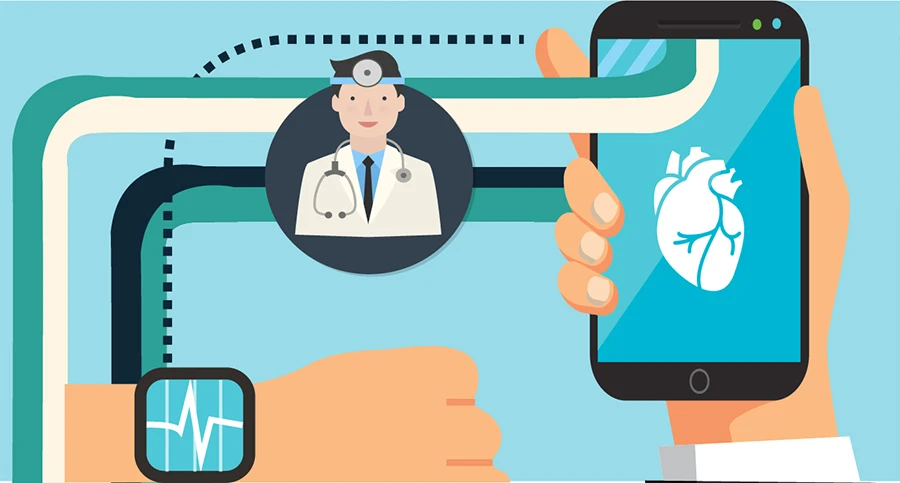
These are IoT medical devices that patients can wear as accessories or implanted in their skins to collect personal health data. This data is used for diagnosis, treatment and medication. They include smartwatches, smart tattoos, glucometers, etc.
- Smart home systems
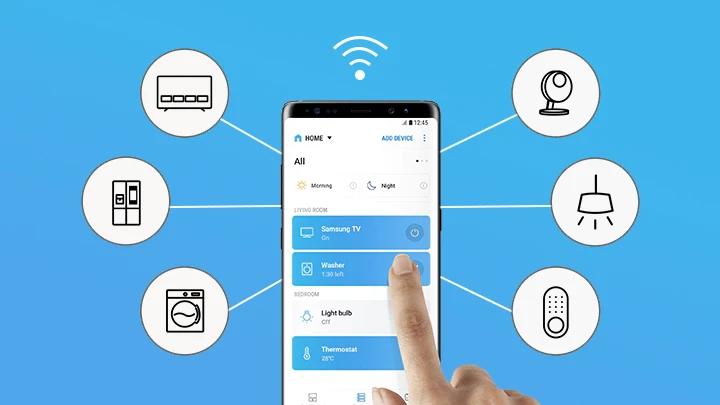
These systems enable homeowners to enjoy full-house automation. They can control home appliances, security systems, lights, and other IoT gadgets in their homes remotely. They can either be hardwired or wirelessly installed in the homes. You can get these systems from any IoT company.
- Autonomous machinery/vehicles
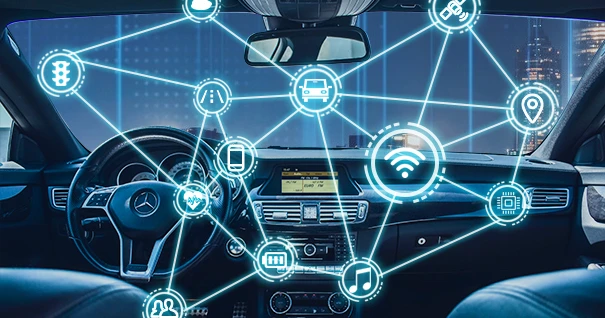
These are vehicles with the ability to be fully conscious of their surrounding environment and respond accordingly. They operate without any human involvement to the best of their capabilities. They include warehouse robots, farm equipment, passenger buses, etc.
Which Industries is IoT Applied?
Here are some of the industries where Internet of Things solutions can be applied.
- Retail
It helps retailers record and manage inventory, better their customers’ experience while shopping, optimize their supply chains and lower the overall cost of operation. IoT supports the use of beacons to help in marketing, security, and more, as well as gadgets like smart shelves with weight sensors to help keep inventory.
- Automotive
Using sensors to detect faulty parts, tracking devices like GPS to help recover and monitor vehicles, autonomous vehicles operate without human intervention; all these couldn’t be possible without the Internet of Things.
- Transport and Logistics Industry
Using IoT sensor data, you can give commands and control fleets of ships, cars, or even trains in regard to weather conditions, driver availability, vehicle condition, etc. You can also take inventory using these sensors. If you’re transporting sensitive commodities like food, beverage, pharmaceuticals, or flowers, you can leverage IoT monitoring applications to update you on the status of your goods.
- Manufacturing
Manufacturers can leverage production-line monitoring to carry out dynamic equipment maintenance when IoT sensors detect a fault. Sensor alerts help them monitor production output by making sure that the equipment used is in ship shape.
- Healthcare
Healthcare personnel like doctors need to keep track of their patient’s health status.
Technologies That Have Made IoT Possible
IoT has been with us for a long time now, but with the help of these technologies, IoT has become the way it is.
- Sensor technology
It has been cheap and power-conservative, making IoT technology affordable for more manufacturers. This propels the growth of IoT.
- Cloud computing
There has been a gradual increase in cloud computing platforms, making it easy for consumers and businesses to access the infrastructure they require to grow without being forced to manage it all.
- Connectivity
There are so many network protocols to support internet connectivity, making it easy for data to flow from sensors to the cloud and then to the “things” like machines.
- Conversational AI
Neural networks have greatly advanced to enable IoT devices to process the natural language. These Artificial intelligent devices include Cortana, Siri, Alexa, and other assistants. The advancement of conversational AI has made these gadgets useful in our homes and propelled IoT forward in general.
- Machine learning and analytics technology
Storage of data in cloud centers allied to machine learning and analytics have made tons of viable information available for business to improve their products and services for consumers. This has also helped better the IoT field.
IoT Market Status
The global Internet of Things market is speculated to hit the value of $1,386.06 billion by the year 2026. This is a CAGR of 10.53% from the current value of $761.4 billion. This market increase is due to the advancement of IoT technologies and the growing popularity and relevancy of IoT solutions pushing the IoT boundaries further each day. If you visit any IoT company now, they are working day and night to advance wireless networking technologies, create state-of-the-art IoT devices, enhance data analytics, campaign for the adoption of cloud platforms, etc. All these will push the market value for IoT further and further.
Covid-19 Impact on IoT
For the past year, everyone has felt the heat upon them from the covid-19 pandemic. However, there has been a dramatic turn of events where instead of beating the Internet of Things, the pandemic has battered it. Both businesses and consumers have adopted IoT technologies in order to survive these hard times. Governments are deploying advanced IoT technologies to help them determine Covid-19 patients as well as treat them. Businesses have turned to online platforms, autonomous vehicles, advanced gadgets, and improved connectivity to help them run their operations with minimal human interventions. These, among other growing adoption of IoT tech, are expected to grow the market value of IoT in a way never seen before.
Top Cons and Pros of IoT in business
The table below discusses the main benefits and demerits of IoT in business.
| Advantages | Disadvantages |
| 1. IoT has increased workers’ productivity hence reducing human labor. This lowers the cost of operations. | 1. The Security sector in IoT is wanting. Security drawbacks like compromised data storage that might lead to leakage curb IoT development. |
| 2. There’s better exploitation of business resources and assets. The use of automated IoT devices has led to an efficient consumption of resources like power and water. | 2. Implementation of Internet of Things infrastructure is very costly. Therefore, they demand significant investment to transform businesses into IoT-oriented. |
| 3. Businesses’ can now run cost-effective operations. Automation has reduced the downtime period hence increasing the production rate. | 3. Internet of Things solutions demands highly skilled professionals. Installing, maintaining, and operating IoT infrastructure require experts. However, it might be hard to get a specialist suited for your business. |
| 4. There’s improved safety at work for the staff. Safe working conditions will lure in professionals and investors alike. | |
| 5. There’s better customer service from promotions to retention. IoT devices collect user-specific data enabling the business to offer user-specific solutions. |
Why choose MOKOSmart as your IoT Company?
We are a professional IoT manufacturing company dedicated to the production of smart devices to render user-specific IoT solutions. We have more than a decade of experience and are fully certified & licensed to serve you. We offer an array of services for our customers, including white-label electronic solutions, firmware customization, wholesaling, EMS (Electronics Manufacturing Service), and the Oriented Data Model program.
We have a big team of experts in different fields of the Internet of Things fully equipped with state-of-the-art tools and equipment. In addition, we’re your one-stop shop for exclusive services like professional product design, development, production, and after-sales service.
If you’re interested in our services or you’d like to talk to an expert, don’t refrain to reach out. We’re just a ring away!
